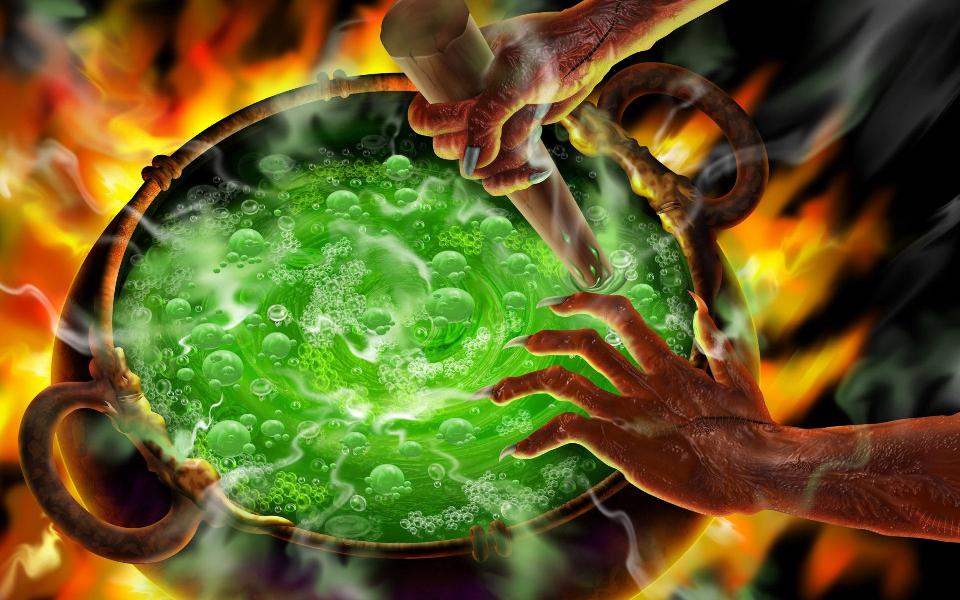Healing is hard work; to this day it is the single hardest thing I have ever done. To face the rage, pain, abandonment and betrayal was an impossible task that was only navigated with a tenuous combination of hope, faith and desire. The flip side is that healing is the gift that keeps on giving, because every gain you make on the journey then infuses every subsequent moment for the rest of your life, and beyond. Given this, you would think your family would applaud your efforts, but in many cases, that is the furthest thing from what actually occurs.
As children, we are programmed first and foremost by the nuclear family into which we are born, and secondly by the society and culture in which that nuclear family finds itself. This programming is biological in nature and is indelibly stamped onto our neurological system. Most people don’t realize they have been programmed, let alone that they can alter it or rise above it. If your programming happens to have been of a healthy and stable nature, there is no reason to question it. But if your early childhood environment was rife with conflict, stress, and chaos, then the healthiest thing you can do is to scrutinize it with the intention of freeing yourself from it.
If your fellow family members aren’t ready to heal, they won’t like it when you turn an inquisitive eye onto the foundational belief system that underpins the family group mind. Even if that system is not just toxic, but rotten to the core. In an effort to preserve the comfort of their denial, the healed one becomes the target for the disowned emotional baggage and toxic coping mechanisms of the rest of the family. In an Orwellian twist of verbiage, the one who dared question and rose above the toxicity is accused of being the source of it. Or, put another way, the very messenger that could help them see through the systemic family dysfunction is shot for being the cause of it.
Black sheep are not born; we are created. I see it over and over again in my work: the offspring who are the most sensitive and intelligent begin to notice the symptoms of the emotional imbalances and respond to these by acting up or speaking out. Far from being applauded for their insight into family dynamics, they are scapegoated as crazy, a problem child, or having inherited the bad genes on their father’s side of the family. For those of us who are lucky enough to be so sensitive, we don’t need the family to admit or even see what is going on in order to heal. A critical first step is to remove ourselves from the toxic cauldron in order to gain the necessary perspective that will help extricate us from early childhood programming and the tribal thinking that perpetuates it.








Very true Margo! As a teenager, I was told I was the problem after trying to alert my parents to the fact that there was a problem in our family!!!
Good thing I did not believe them and started my own quest for a healthier emotional landscape.
Maude, good for you for having the courage to break from the family group mind. I’ve always said that society could learn a lot from the so-called mentally ill (I prefer to call it “emotion sickness”), and as an adjunct to this the family could learn a lot from their so-called black sheep.